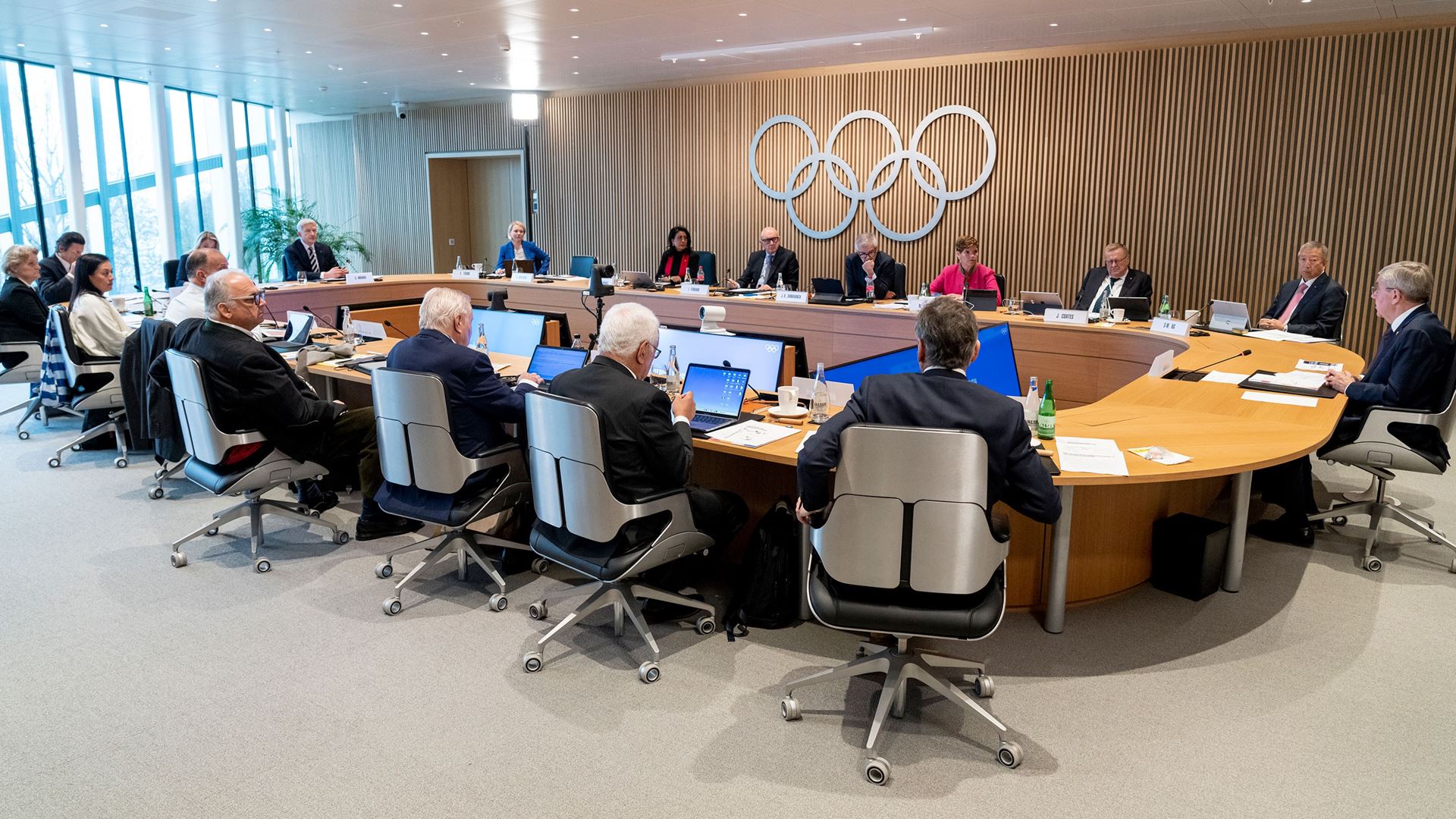The International Olympic Committee‘s (IOC) Thomas Bach has reiterated that the organization’s sanctions on Belarus and Russia must continue. However, he stressed that there must be continued communication about the future return of athletes from the two nations to international tournaments.

After the start of Moscow’s military intervention in Ukraine in late February, the IOC swiftly condemned the Russian government’s conduct, and many sports federations followed suit by banning all Russian and Belarusian athletes.

Bach has so far resisted calls from some quarters to loosen the restrictions, claiming that “sanctions” like denying Russia the right to host major events are directed at the nation’s hierarchy while suggestions for a ban on athletes serve in part to shield them from alleged hostility they would encounter outside of their home countries.
Following the IOC board meeting on Wednesday, which comes before the IOC summit on Friday, Bach spoke on the current state of affairs.
READ ALSO: Premarital Sex Is Illegal In The World’s Third-Largest Democracy
I received the full backing of the IOC board for the statements I have made on several occasions. The sanctions against the Russian and Belarusian government must firmly remain,” said Bach.
He went on to say that the sanctions are still in effect in order to prevent Russia from hosting internationally renowned events or from displaying its national symbols outside of Russian territory because of Russia’s alleged violation of the “Olympic Truce.”
The IOC, according to Bach, has “continuous solidarity” with Ukraine and wishes for a significant Ukrainian participation at the 2024 Summer Olympics in Paris.
“We then had a debate which took several hours about the athletes, and the impact of this war on the athletes.
“In particular, with regards to the participation of athletes with Russian and Belarusian passports at international sports competitions,” he continued.
“There, I will never get tired to repeat and make it clear all over again that the question of participation of athletes is very different to the question of sanctions for their government.
“The question of athletes’ participation was never part, and could not be part, of the sanctions. Because the position of the Olympic movement was, and remains, that athletes could not be punished for acts of their government as long as they do not contribute to it or support it.”
While indicating that he co-signed a recent statement by French President Emmanuel Macron that said sport should remain free of political influence, Bach suggested that he and the IOC have had their hands forced by Russia’s military action and that refusing an athlete’s right to compete on the international stage was an absolute last resort.
“To protect the integrity of the competitions, we had to do what we never did and we never wanted to do, which is prohibiting athletes to compete only because of their passport,” he explained.
“We have made it clear that we need to explore ways to overcome this dilemma, and come back to sporting merits and not political interference.”




















